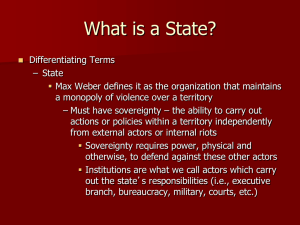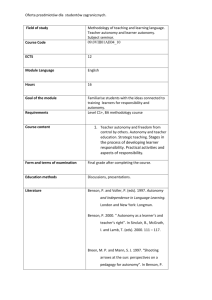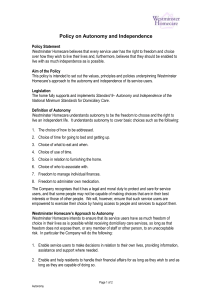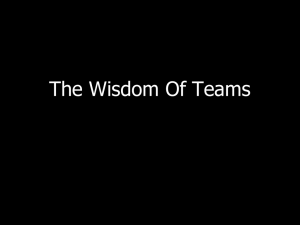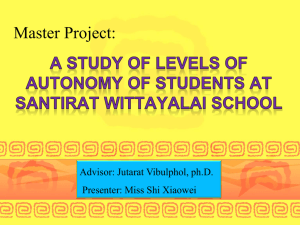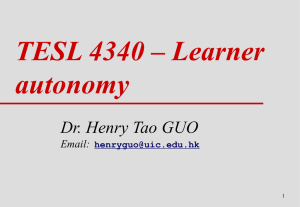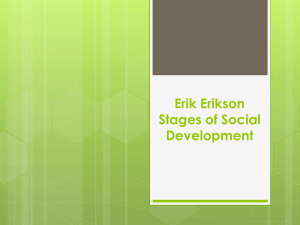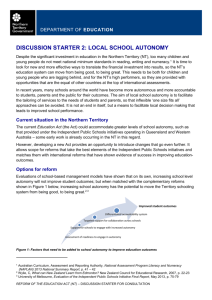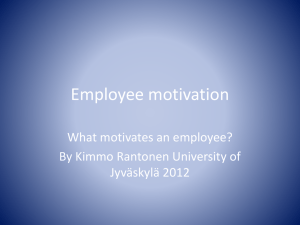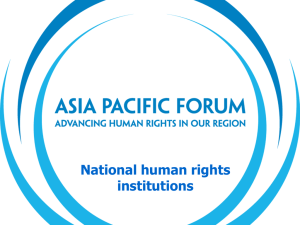Academic Autonomy - (Mykhailo) Minakov
advertisement
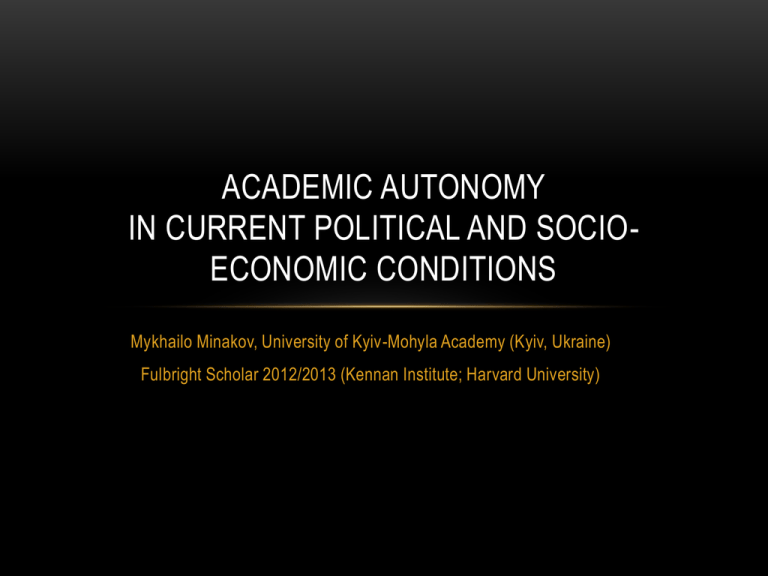
ACADEMIC AUTONOMY IN CURRENT POLITICAL AND SOCIOECONOMIC CONDITIONS Mykhailo Minakov, University of Kyiv-Mohyla Academy (Kyiv, Ukraine) Fulbright Scholar 2012/2013 (Kennan Institute; Harvard University) DEFINITION: AUTONOMY • Autonomy, in Western ethics and political philosophy, the state or condition of self-governance, or leading one’s life according to reasons, values, or desires that are authentically one’s own. Encyclopaedia Britannica • Kant, maximalist definition: autonomy as a faculty of a person to self-govern based on universal principles only, without heteronomic/pathological impact • Mill, minimalist definition: autonomy as an ability of a human to direct own actions in accord with his/her wishes, values and inclinations • Habermas, balanced definition: autonomy is a state of a group where private interests are channelled (through rules and institutions) to become public regulations DEFINITION: ACADEMIC AUTONOMY • Academy as autonomous corporation (privilege granted by Pope or Emperor or Commune) European Universities Association, Prague Declaration (2009) • EUA strongly believes that increasing institutional autonomy is a key element to enable universities to best respond to the new demands placed on universities. • EUA reaffirms the crucial role of autonomy as a success factor for European universities in the next decade. • organisational structures and institutional governance – in particular, the ability to establish structures and governing bodies, university leadership and who is accountable to whom • financial issues – in particular the different forms of acquiring and allocating funding, the ability to charge tuition fees, to accumulate surplus, to borrow and raise money from different sources, the ability to own land and buildings and reporting procedures as accountability tools • staffing matters – in particular the capacity to recruit staff, the responsibility for terms of employment such as salaries and issues relating to employment contracts such as civil servant status • academic matters – in particular the capacity to define the academic profile, to introduce or terminate degree programmes, to define the structure and content of degree programmes, roles and responsibilities with regard to the quality assurance of programmes and degrees and the extent of control over student admissions. UNIVERSITY AUTONOMY IN EUROPE I ExploRAToRy STUdy by Thomas Estermann & Terhi Nokkala (file:///Users/mykhailominakov/Downloads/EUA_Autonomy_Report_Final.pdf ) DEFINITIONS: CONCLUSIONS • balance between university autonomy and accountability to state • balance between independence from ministry and internal self-governance • ability to self-govern based on • principles of accountability to science (reason d’etre), society (socialization, development, international competition) and state (public finance provider) • principles of scholarly cooperation for science advancement and proper higher education POST-SOVIET POLITICAL SYSTEMS post-soviet oligarchy as • stable form of governance with abuse of public institutions for the private gain • specificity : use of public posts to increase and preserve property of the chosen rent-seekers • whichever democratic and/or authoritarian attempts, oligarchy manages to be re-established oligarchy as a principle for all sectors, including academic/higher education SITUATION IN POST-MAIDAN UKRAINIAN • government drops off financial support to all sector but defence • Soviet legacy: • continued division of research and education • pyramid of subjugation with all values and practices accepted by university professors and administrators during career-development • ministry of education destroys over-centralised ‘empire of education’, promotes rectors’ feudalism • preserved systemic control from within (e.g. approval of rectors, approval of diplomas of PhD, doctors of sciences, docents and professor CASE : ORDER OF APPROVAL OF DOCENTS/PROFESSORS SELECTED BY UNIVERSITIES • difference of a post and a status of professor/docent are re-established, with interest of bureaucrats • professor as a payment for previous achievements • achievements measured bureaucratically, with no regard to the future of research, interest of university, real opportunities of scholars • poverty and bureaucratic imagination CONCLUSIONS • academic feudalism with no positive impact on academic autonomy and academic progress • future possibility to re-establish ministerial empire • domination of bureaucracy over scholarship • reform did not start


